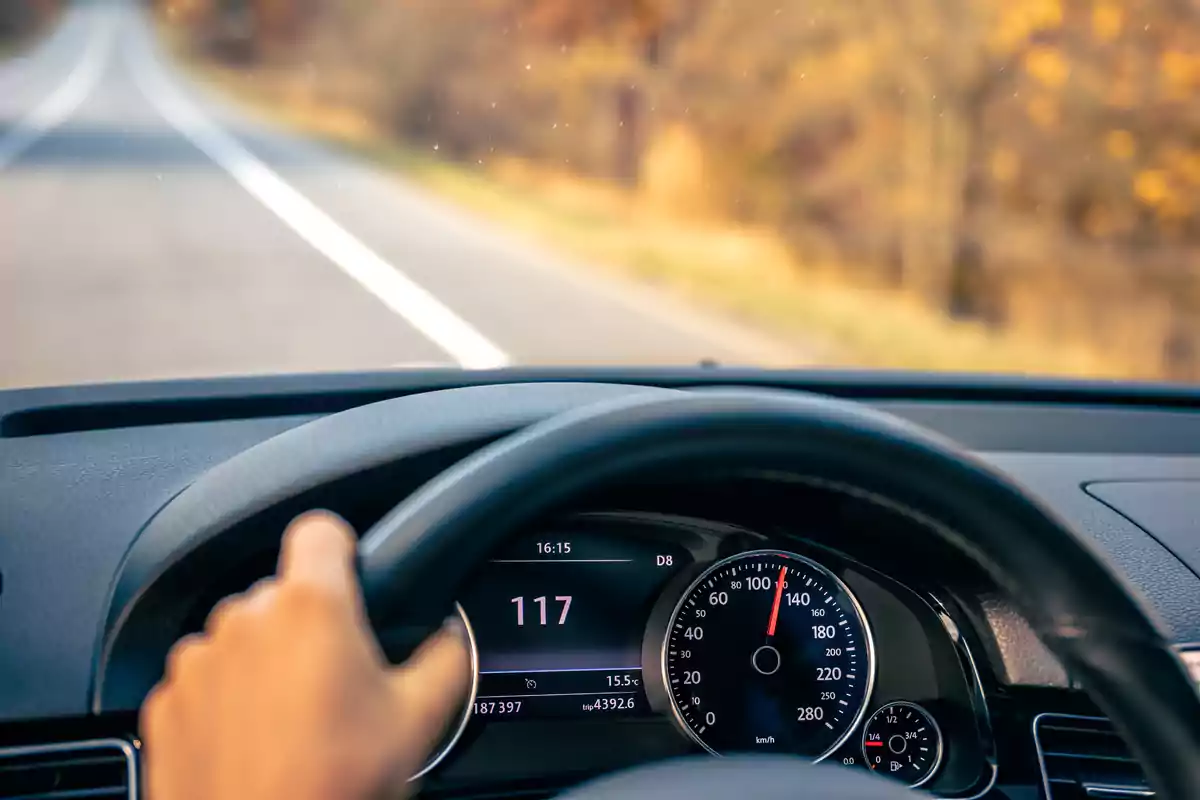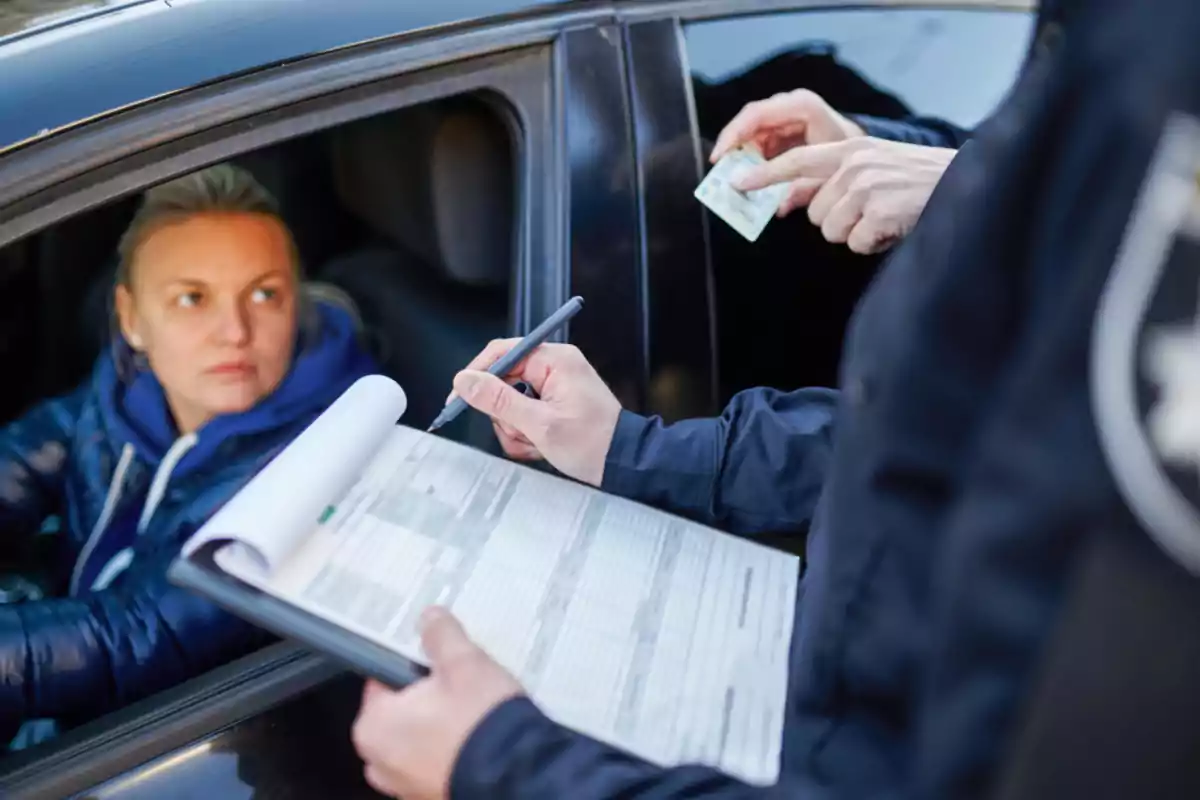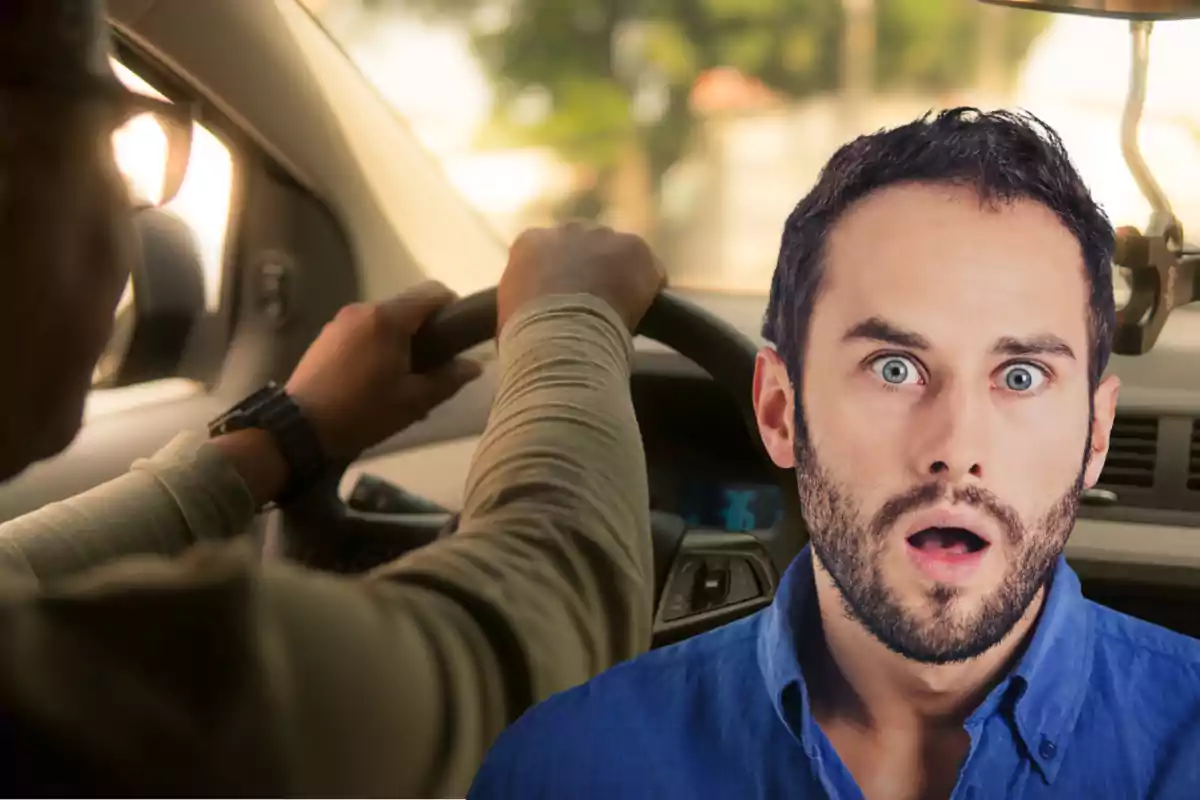Traveling by road in the United States is an experience that many enjoy. But if you're planning to step on the gas a bit too much in Florida, be careful: you could end up with more than just a fine. A new law has completely changed the rules of the game, and now driving too fast can cost you your freedom.
Florida toughens its stance
Since July 1, driving at extreme speeds is no longer just a traffic violation in Florida. The new law, known as HB 351, classifies certain cases of speeding as a criminal offense, with punishments that include jail time, hefty fines, and suspension of your driver's license.
So what counts as a dangerous speed? Two very specific situations:
- Exceeding the limit by more than 50 mph (80 km/h).
- Going over 100 mph (160 km/h) on any road in the state.

Paying a fine from home is no longer enough. Now, offenders must appear before a judge. If they reoffend within five years, they risk 90 days in jail, a $1,000 fine, and up to a year without a license.
A case that struck a chord
This law didn't come out of nowhere; the trigger was a tragedy that occurred in 2022. Anthony Reznick, an 11-year-old boy, was killed by a repeat offender who was driving at 85 mph (137 km/h) in an urban area. The driver had already been fined more than 20 times, but was never brought before the criminal justice system.
Senator Jason Pizzo promised to change that. Thanks to his efforts, the new law was unanimously approved in the Senate and received bipartisan support in the House of Representatives. Today, Anthony is the symbol of a law that aims to save lives.
Jail as a deterrent
For lawmakers, financial penalties are no longer enough. "Paying $150 doesn't stop anyone going 87 mph (140 km/h)," said Representative Danny Álvarez. "But spending 30 days in jail just might."

This approach isn't new. In Georgia, a similar measure reduced the number of serious violations by 16% in four years. The idea is clear: the fear of real consequences can stop the most reckless drivers.
More safety or more judicial overload?
Not everyone is convinced. Some experts and civil rights advocates criticize the measure. They say higher fines don't always reduce accidents and that requiring drivers to appear in person could overwhelm the courts.
However, even critics acknowledge that the current system wasn't working. Meanwhile, other states are already following suit. Virginia and Washington are preparing similar laws, and there's even talk of installing speed regulators in the cars of repeat offenders.

